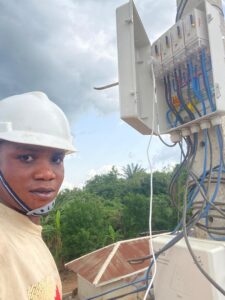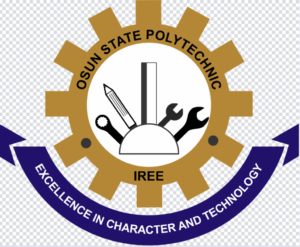Government, stakeholders urged to invest in education technology
[ad_1]
Governments and stakeholders in education sector have been urged to invest in education technology (Edtech), especially in emergency situations, to make education more accessible and effective to students.
Speaking during unveiling of factsheet and research, titled “HARNESSING EDUCATION TECHNOLOGY IN AFRICA: SCOPING STUDY”, a group of young Nigerians with concerns for educational advancement, under the aegis of the Brain Builders Youth Development Initiative (BBYDI), said that Edtech allows for use of innovative tools and techniques that can enhance learning experience and improve student outcomes.
According to the BBYDI director, Mr. Olasupo Abideen, Edtech is not only a stopgap solution for emergency situation or pandemic, saying that it has the potential to transform education and make it more accessible, personalized, and effective for all students.
“Imagine a world where every student has access to high-quality digital learning materials, personalized learning opportunities, and the support of skilled teachers. This is the power of education technology, and it is within our reach”, he said.
The group also made some recommendations that point at the responsibilities of governments, management of Higher Education Institutions (HEIs), media, Civil Society Organizations, traditional and religious leaders and young people in the country on Edtech, saying that teachers should be trained on how they could use EdTech tools in classroom activities.
“This should be a continuous process and should be incorporated into the teaching professional training manual.
“EdTech should be considered an effective mechanism for supporting learning, whether or not there is a pandemic. This will create a sense of familiarization for the government, teachers and pupils.
“Schools should, from time-to-time, deploy EdTech in the day-to-day class activities.
“While provision of electricity is very important, governments should encourage use of solar energy in schools as an alternative power supply, especially in hard-to-reach rural communities where electricity is non-existence. This should be supported with the EdTech devices such as tablets. A one-pupil-one tablet is also possible and could go a long way to address EdTech gap in schools.
“There should be awareness campaigns, workshops, and information sessions to help implement EdTech programmes.
“A need assessment is very important to understand which part of the countries already have space in EdTech implementation and which is still struggling. This is necessary for a viable and beneficiary policy-specific intervention.
“Removal of taxes from devices like laptops, desktop computers, and mobile phones for EdTech to succeed due to affordability considerations is recognized as a viable option for improving EdTech in sub-Saharan Africa.
“The government should partner with telecom providers to provide free data bundles for learners to access learning content online.
“Introduce ICT lessons to the curriculum to support distance learning.
“Strengthening the efforts to reform policy and regulatory frameworks to make broadband access more affordable, accessible, and universal needs to be accompanied by skills development, to exploit technological advancements fully”.
[ad_2]














Post Comment